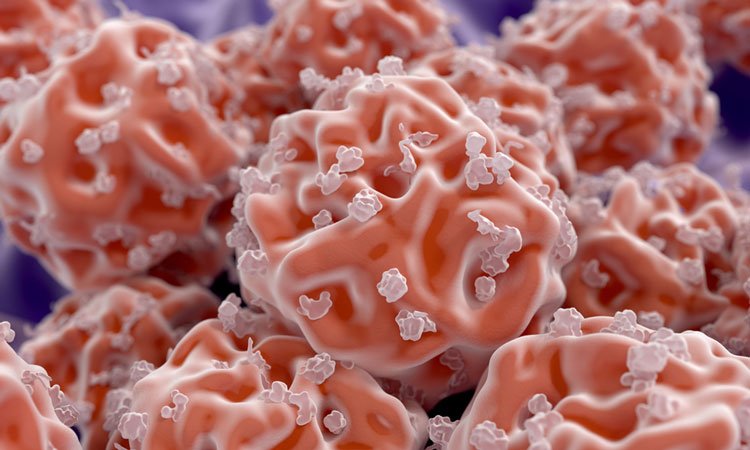Stem cell study optimises bone marrow transplants
Posted: 10 January 2019 | Iqra Farooq (Drug Target Review) | No comments yet
A study has shown how stem cells that are transplanted act in a different way to those ordinarily present, without a transplant…


A study has shown that transplanted stem cells do not behave ‘normally’, as they would in a healthy person without a transplant.
Bone marrow transplants are often the best course of treatment for many different types of cancers, blood disorders and immune diseases.
Despite over 22,000 of these procedures being performed, the actual function and how the procedure works remains to be understood.
The study, conducted in mice, shows that stem cells that are successfully transplanted do not act ‘normally’, and instead the radiation and high-dose chemotherapy used to wipe out diseased stem cells before transplantation seem to trigger ‘extreme behaviour’ in stem cells that are newly transplanted.
“Our research has important implications for understanding and optimising bone marrow transplants and certain types of gene therapy,” said lead researcher and co-corresponding author Dr Rong Lu, Assistant Professor of Stem Cell Biology and Regenerative Medicine at the University of Southern California. The other co-corresponding author is Dr Irving Weissman, Director of the Stanford Institute for Stem Cell Biology and Regenerative Medicine.
During the study, the team of scientists understood how when transplanted into an irradiated mouse, only a very small minority of the stem cells produce blood and immune cells, while many other stem cells become dormant and do nothing.
After radiation, these ‘super producing’ stem cells become biased into only producing certain types of immune cells. However, even after radiation, the overall blood and immune system tends to remain balanced. In mice that had not undergone radiation, all stem cells contributed equally to the blood and immune systems, with the exception of T cells.
The researchers suggested that the preconditioning regimen used prior to transplantation, to ensure a successful transplantation, is the source of the abnormal behaviour of the stem cells.
The study was published in the journal Proceedings of the National Academy of the Sciences (PNAS).
Related topics
Disease research, Research & Development, Stem Cells, Therapeutics
Related conditions
blood disorders, Cancer, immune diseases
Related organisations
Stanford Institute for Stem Cell Biology and Regenerative Medicine, University of Southern California
Related people
Assistant Professor Rong Lu, Dr Irving Weissman



